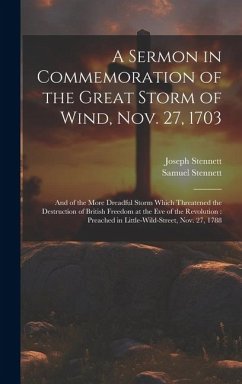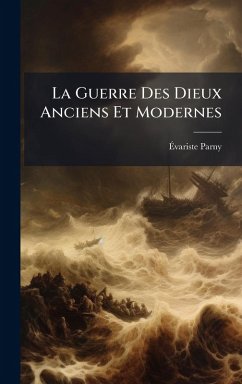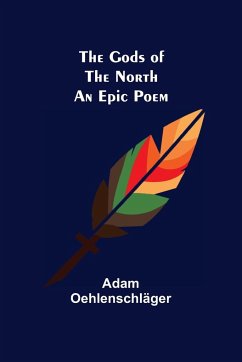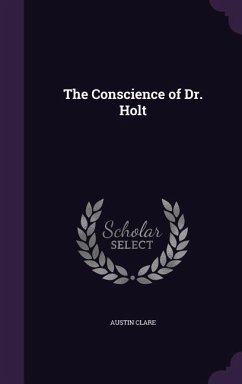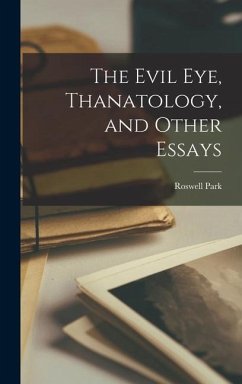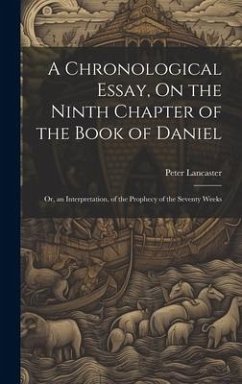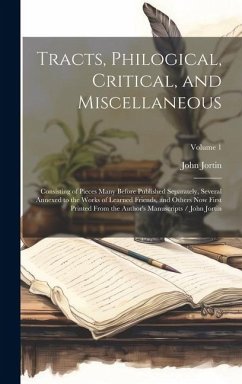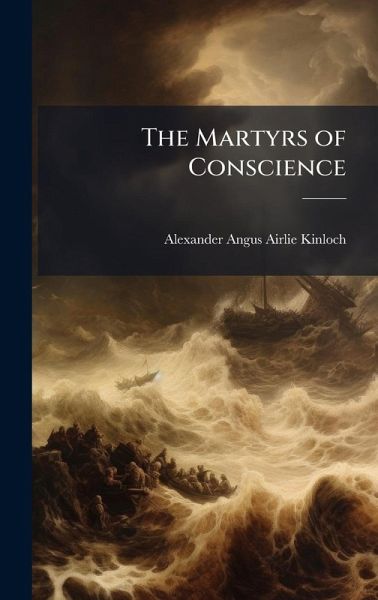
The Martyrs of Conscience
Versandkostenfrei!
Versandfertig in über 4 Wochen
25,99 €
inkl. MwSt.
Weitere Ausgaben:

PAYBACK Punkte
13 °P sammeln!
"The Martyrs of Conscience: A Bicentenary Ode" by Alexander Angus Airlie Kinloch is a poetic tribute commemorating the bicentenary of a significant historical event. Written in French, this ode likely explores themes of sacrifice, conviction, and the enduring impact of individuals who stood firm in their beliefs. The work reflects upon the historical context of the time, honoring those who faced persecution for their principles. Kinloch's poetry serves as a poignant reflection on the past, inviting readers to remember and learn from the courage and resilience of the martyrs of conscience. This...
"The Martyrs of Conscience: A Bicentenary Ode" by Alexander Angus Airlie Kinloch is a poetic tribute commemorating the bicentenary of a significant historical event. Written in French, this ode likely explores themes of sacrifice, conviction, and the enduring impact of individuals who stood firm in their beliefs. The work reflects upon the historical context of the time, honoring those who faced persecution for their principles. Kinloch's poetry serves as a poignant reflection on the past, inviting readers to remember and learn from the courage and resilience of the martyrs of conscience. This work has been selected by scholars as being culturally important, and is part of the knowledge base of civilization as we know it. This work was reproduced from the original artifact, and remains as true to the original work as possible. Therefore, you will see the original copyright references, library stamps (as most of these works have been housed in our most important libraries around the world), and other notations in the work. This work is in the public domain in the United States of America, and possibly other nations. Within the United States, you may freely copy and distribute this work, as no entity (individual or corporate) has a copyright on the body of the work. As a reproduction of a historical artifact, this work may contain missing or blurred pages, poor pictures, errant marks, etc. Scholars believe, and we concur, that this work is important enough to be preserved, reproduced, and made generally available to the public. We appreciate your support of the preservation process, and thank you for being an important part of keeping this knowledge alive and relevant.






